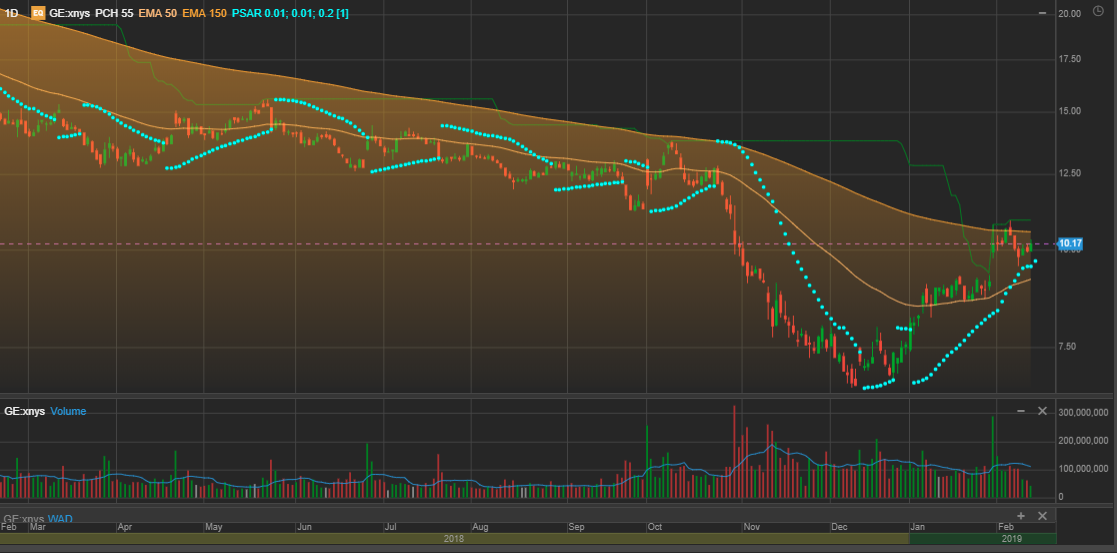These are 3 of the most common psychological investment errors (in my view) and how we can find solutions as investors to these with the aim of increasing returns and not being our own worst enemy - I don't need anymore holes in my foot!
1. Anchoring bias
Anchoring bias is when an investor relies too heavily on an initial piece of information they receive / find. For example, you're driving home from work and drive past your local dealership to see the car of your dreams for £50,000. The dealership closed 30 minutes ago so there is no sales manger to talk to. You decide to pull over and have a quick look around your dream car. You're completely sold, but you know the wife wouldn't be impressed as you're suppose to be paying for 2 holidays this year, renovating the house, and not to mention your kids University fees. The next day you finish work earlier and are driving past the dealership which is open for business. You notice your dream car is discounted by 20% to ONLY £40,000. Wow, what a bargain! I must go in and buy it as it's on offer. I can explain to the wife why we aren't going on holiday or renovating the house because the car was 20% off so how could I not have bought it! Right?
This anchoring bias relates directly to stocks and their share prices. How often have you heard it was £10 a share, now it's only £5. This is the anchoring bias directly in action. You're assuming that because the initial information of hearing it was £10 a share and now it's ONLY £5 a share it must be a bargain. This is a difficult cognitive bias to overcome as we're constantly suckered into purchasing things we never really wanted just because we put significant weight on the initial price we saw. How often do we go shopping just to 'browse' but come back having spent £100's. What's usually the justification for spending the £100's? Well, it was on offer of course! How could I not at these prices!
Hopefully you're beginning to see the flawed logic to this approach and how it could be destructive to stock market returns. If the rationale for purchasing a stock was because it was discounted (you consider it 'cheap') then if the price keeps…
The GE chart didn't work, if anyone can enlighten me how to do it I'd be grateful.










